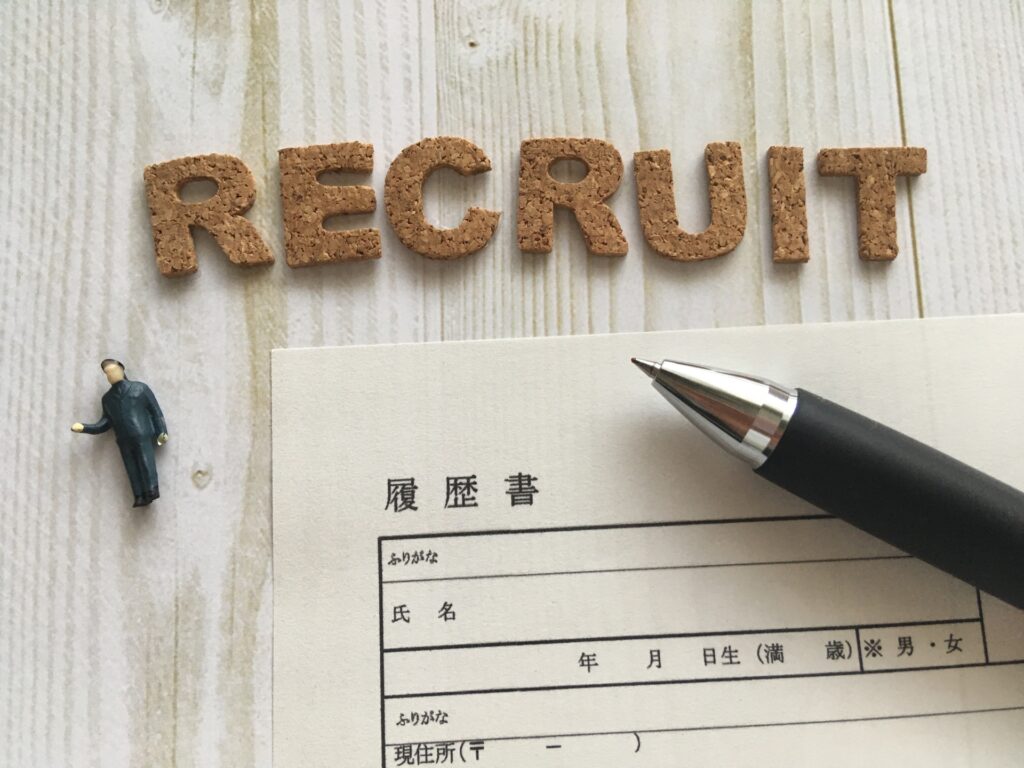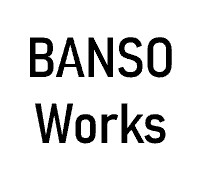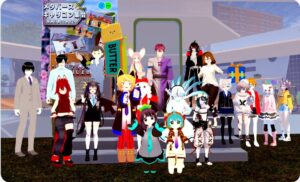How can I prepare questions "逆質問" in Japanese interview

When hiring interviews in Japan, one of the most common issues is dealing with reverse questions"逆質問".
So, what is questions "逆質問"?
The reverse question"逆質問" means a question from job applicant, not a question from the interviewer. In interviews with Japanese interviewer, it is usually polite to answer questions from the interviewer at the beginning, not questioning from your side . It may not be a good attitude to ask a question from job applicant on the way without getting permission from the interviewer.
Therefore, it is important for many Japanese applicants to put up with the questions they want to ask. Usually, the time for the reverse question "逆質問" is given by the interviewer at the end of the interview.
"Are there any last questions you would like to ask us?" It's the long-awaited reverse questioning "逆質問"time.:)
Content of reverse question"逆質問"
It's nice to be given time to ask questions, but what you hear is also important in Japanese interviews.
These are the NG reverse questions you shouldn't ask
Is work busy? 仕事はいそがしいですか
Can I get a lot of bonuses? ぼーなすはたくさんもらえますか?
Can I take a vacation? お休みはとれますか?
You should refrain from asking the above questions, even if you really want to hear them. This question is because the applicant is considered unmotivated
So what kind of question should I ask?
What kind of work are you expected to do? この仕事にきたいされることは何ですか?
How many members and organizations are there in this job? この仕事のメンバーとそしきは?
What training do you need for this job? この仕事にひつようなけんしゅうは?
The above would be a good positive question
Can I ask a reward question? You may be worried.
In conclusion, the following questions should be avoided. Talk to the HR department individually for these questions outside of the interview.
I would like to increase my salary by 10%. Is it possible? 10%の給与をふやしてください
Please pay the bonus by signing on. サインオンでボーナスをください。
I will be transferred, so please pay for the move. ひっこしするので、ひっこしひようをください。



